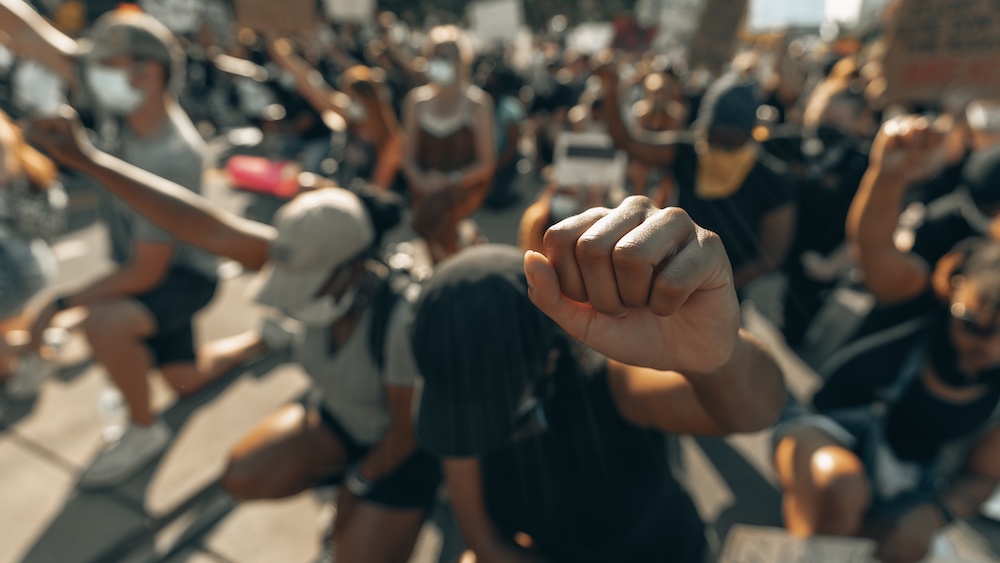If you’re interested in sharing your opinion on any cultural, political or personal topic, create an account here and check out our how-to post to learn more.
____
We know very well how language can be wielded to illuminate or exploit.
Language mirrors culture and expressions of existing power relations. Quit saying dark when you mean to say disturbed. Quit associating darkness with negativity. If we want change, we begin with the culturally spoken language.
In 2014, I posted the above status on my Facebook page. It is more relevant than ever now that the conversation on race in America has become focal.
Recently, a singer-songwriter known for her melancholic melodies addressed her place within the music industry as being a symbol of delicateness and softness, while referencing mostly Black female peers as vulgar jezebels. Black feminist scholars address the use of such language as being a weaponization of femininity and that society perpetuates this concept of beauty, or to be more specific, "classical beauty."
Such dichotomies exist in other forms. Case in point, in Western culture, the white dress signaling purity and innocence, angel versus demon, heaven versus hell depictions, as well as Blacks' use of standard American English being regarded as "articulate," as if conveying the subjects' unwitting defiance against a history of stereotypes originating from vaudeville and minstrel shows to film and television. Connotations in our very own language are used to program how we view the world and how we respond to othered groups, covertly enforcing colorism (discrimination based on skin color) and racism. Scientific American addresses research on how darker skin is perceived as evil. An NYU professor regarded this as the "bad is black'' effect, a link between darkness and badness. Protestors have applied the very poignant quote "when the color of your skin is seen as a weapon, you will never be seen as unarmed" following the deaths of unarmed Black men.
It was bell hooks, one of my favorite feminist scholars, who stated:
"The oppressed struggle in language to recover ourselves, to reconcile, to reunite, to renew. Our words are not without meaning, they are an action, a resistance. Language is also a place of struggle."
I invite you to unlearn pervasive practices employed in our culturally spoken language. I invite you to craft more mindful meaning in the ways we converse by rejecting mainstream media narratives and becoming critical and more empathic social creatures.
Media Narratives
Be critical of the information you're receiving. Identify narratives that sustain negative connotations such as loaded words and keeping in mind that mainstream media sensationalizes. It is useful to find multiple sources before forming any conclusions and knowing when to unlearn when presented with new information.
Empathic Social Creatures
A Huffington Post contributor wrote the aptly titled piece "I Don’t Know How To Explain To You That You Should Care About Other People," discussing wealth disparities in America. The author expresses her frustrations regarding unsympathetic responses from political antagonists on the issue and raises the question of what does it say about us, being one of the most powerful nations in the world, if we maintain callous disregard for the most vulnerable in our communities?
Though it's natural for us to react defensively when presented with an alternative view, allowing ourselves to be more thoughtful can enact social change and foster more fruitful connections.
